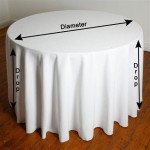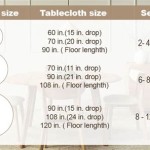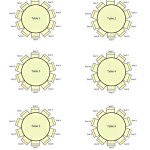Round table deals, also known as RTDs, are a common form of negotiation. They involve a group of people coming together to discuss an issue, arrive at a consensus and come to an agreement. They are often used in business, politics and other areas where multiple parties are involved. Round table deals can be an effective way to reach a solution that is beneficial to all parties involved.
The Benefits of Round Table Deals
Round table deals have many benefits, including the ability to:
- Save time and money – Negotiations can be time-consuming, but with a round table deal, everyone can come to an agreement quickly and cost-effectively.
- Build trust – When everyone is involved in the process, it can help build trust among the parties, which can be beneficial in the long-term.
- Generate ideas – By involving all parties in the discussion, more ideas can be generated to help solve the problem.
- Reach creative solutions – Round table deals can help create solutions that are beneficial to all parties involved.
The Process of Round Table Deals
The process of a round table deal typically involves the following steps:
- Identifying the issue – The first step is to identify the issue that needs to be discussed.
- Gathering information – All parties involved should gather relevant information that can be used in the discussion.
- Creating a plan – The parties should create a plan that outlines the process and the steps that need to be taken.
- Negotiating – The parties should negotiate to reach a consensus and come to an agreement.
- Finalizing the deal – The parties should finalize the deal and outline the terms and conditions.
Conclusion
Round table deals can be a great way to reach a mutually beneficial agreement. They can help save time and money and also build trust among the parties involved. By following the steps outlined above, the parties can work together to come to a successful agreement.















Related Posts








